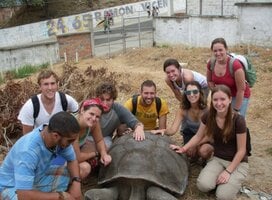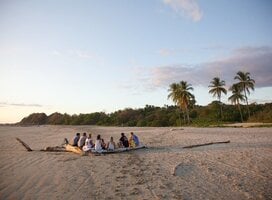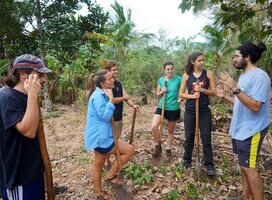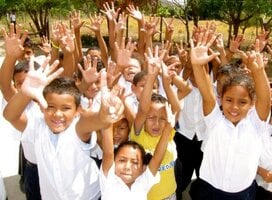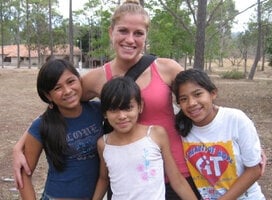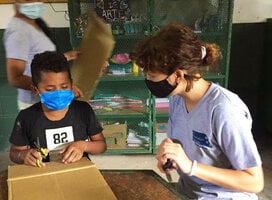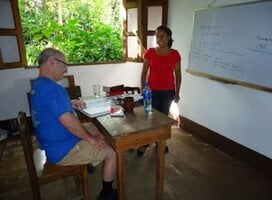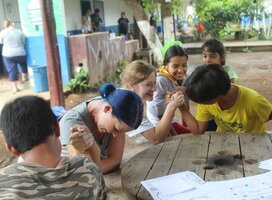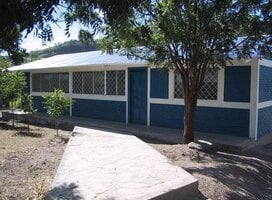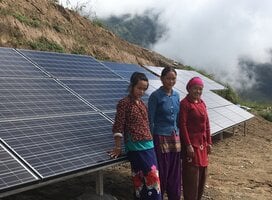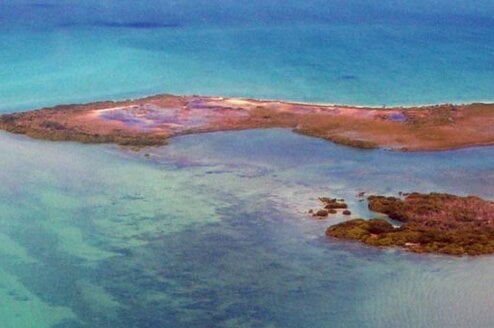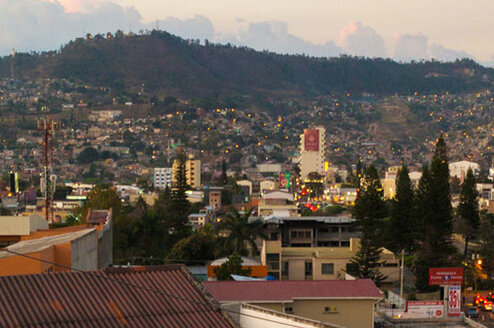Gap Year in Nicaragua
With a perfect climate, rich culture, and stunning landscape, Nicaragua is considered by many to be paradise. Nicaragua is a country of extraordinary beauty that is also safe and friendly, and its breathtaking architecture and fascinating history completely captivate visitors. From visiting the colonial town of Granada to lounging on the beaches on the Caribbean coast, there is an endless amount of things to do for every type of person.
Language Study
One of the most popular types of gap year programs in Nicaragua is language study. While much of Nicaragua’s youth speaks English, the majority of people in Nicaragua do not. Because of this, studying Spanish in Nicaragua has become very popular because students are completely immersed. Most gap year programs place students in language study programs in homestays with Nicaraguan families, but there are also international dorm and apartment options for some programs.
Teaching English
Because most people in Nicaragua do not speak English fluently, there are many programs that involve teaching English to natives. Students taking this route do not always need to know how to speak Spanish, but it oftentimes is helpful. Teaching English is a fantastic way to become immersed in the Nicaraguan culture and meet new people, and it strengthens students’ language skills.
Volunteering
Nicaragua is among the poorest Latin American countries, with about half of the population living below the poverty line. With that said, there are ample opportunities for students to volunteer. Many programs are a combination of school-volunteer programs, with students taking Spanish language classes and volunteering at an orphanage or in a small village. Volunteering is a great way to really learn about the Nicaraguan culture and Spanish language, as students are fully immersed in both.
Cost of Living in Nicaragua
In recent years, Nicaragua has become one of the most affordable countries to live in. However, the low cost of living does not mean that locals and visitors sacrifice the quality of life. You will most likely be able to live in Nicaragua with even more luxuries than you’re used to in the U.S., solely because the prices are so economical. Average rent for a modest apartment can be as little as $300 per month and you can eat like a king for $10.
Culture and Etiquette in Nicaragua
Nicaraguan culture is very different than that in the U.S. It is common for people to be a half hour to an hour late and punctuality is not a valued attribute.
In many areas of Nicaragua, gender roles are still fairly traditional, with the husband working during the day and the wife maintaining the household. With that said, being a housewife is a full-time job and women are highly respected in Nicaragua. In more urban areas, women do work outside of the household, but even that independence is somewhat limited. If a woman cares about her reputation, she will not go into a bar-like place by herself.
Avoid saying “no” when offered food or a beverage, as it is seen as rude to not accept a generous offer.
Health and Safety in Nicaragua
The two main health concerns in Nicaragua are malaria and dengue fever, but there are pills and shots available to prevent contracting either. Nicaragua offers high-quality and inexpensive healthcare throughout the country. However, some of the high-tech equipment present in the U.S. is not available in Nicaragua, but the likelihood of an average gap-year student needing such equipment is slim. Drinking tap water in Nicaragua is not recommended, and bottled water is available everywhere.
Nowadays, Nicaragua is a very safe country, but what gives the country a bad reputation are outdated stories and incorrect assumptions. Extreme violence, kidnappings, and gangs are all very rare in Nicaragua, but petty theft does occur. Three ways to avoid any danger are: ask locals about the area, do not openly demonstrate your wealth or valuables, and stay at safe hotels and hostels. In the more rural parts of Nicaragua, land mines are still in existence and gangs do occasionally attack evening drivers, so be cautious and do not venture off main roads (or drive by yourself at night).

